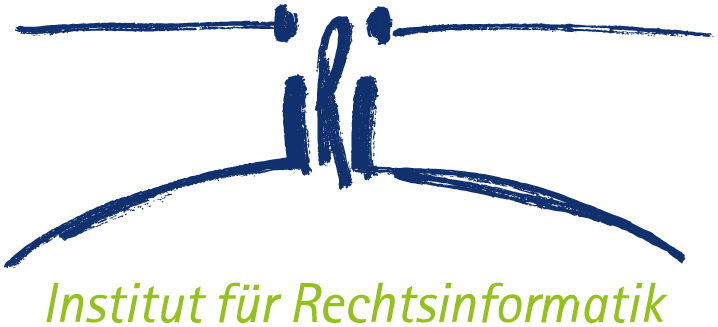Legal, ethical and social impact on the use of computational intelligence based systems for land border crossings
- verfasst von
- Tina Cornelius-Krügel, Benjamin Schütze, Jonathan Stoklas
- Abstract
This paper provides an overview on the most relevant legal, ethical and social implications arising from the use of computational intelligence based systems for land border crossings. Based on the automatic deception detection system (ADDS) developed in the iBorderCtrl project, issues such as the peculiarities of the interaction of humans with machines, profiling, automated decision-making and the risk of false positives can be identified and demonstrate how computational intelligence based systems can challenge fundamental legal and ethical principles. These include in particular the right to privacy, human dignity and the principle of non-discrimination. By further analysing the various issues, this paper seeks to provide some thoughts on remedies and safeguards which should be considered when developing computational intelligence based systems.
- Organisationseinheit(en)
-
Institut für Rechtsinformatik (IRI)
- Typ
- Aufsatz in Konferenzband
- Publikationsdatum
- 10.10.2018
- Publikationsstatus
- Veröffentlicht
- Elektronische Version(en)
-
https://www.repo.uni-hannover.de/bitstream/123456789/9848/1/IEEE_Paper_LUH_v7_preprint.pdf (Zugang:
Offen)
https://doi.org/10.1109/IJCNN.2018.8489349 (Zugang: Geschlossen)
